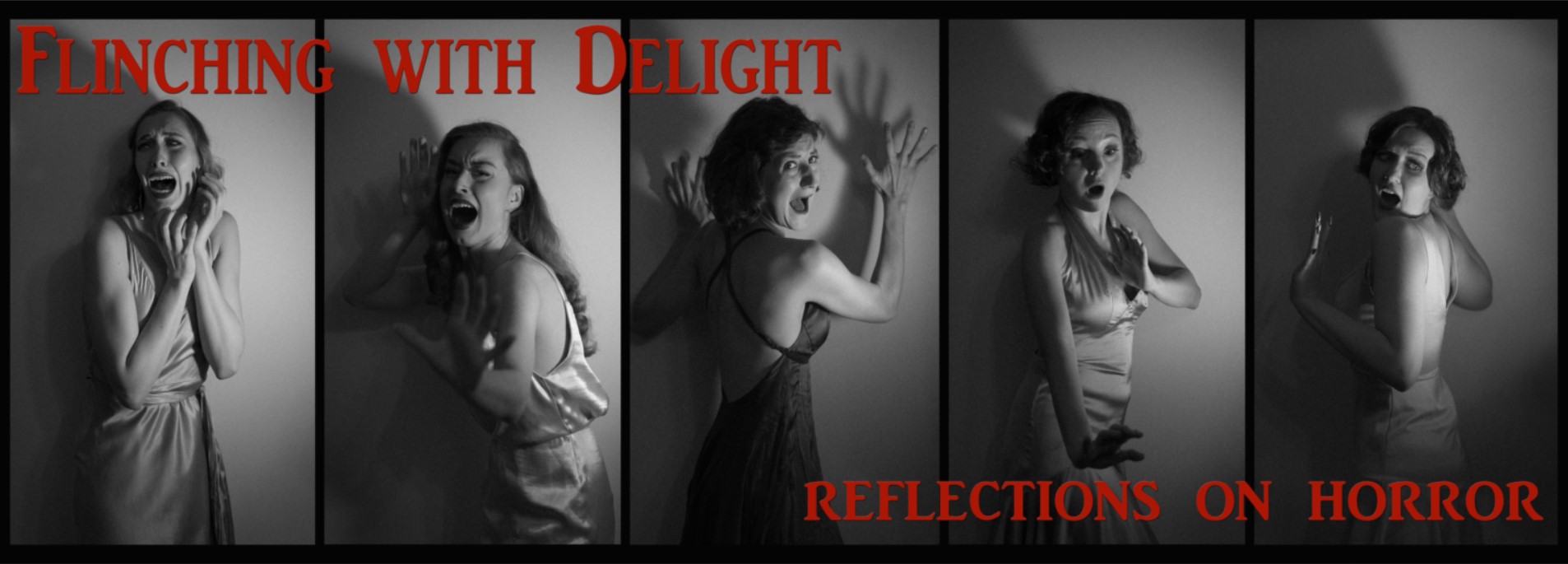
Whistle and I’ll Come to You (1968)
A BBC Christmas ghost story, based on a short story by M.R. James, this kicked off a tradition of Christmas James BBC adaptations which would happen annually for years to come. It is a mind-blowingly good piece of work. Spooky, odd, and weirdly grounded, while also being utterly unmoored, this 45 minute vignette holds up as one of the best ghost films I’ve seen. And it is fully a film. Made on a very modest budget for TV, nothing feels televisual about this. Artfully shot, eerily scored, and rooted around a rivetingly unique central performance, I have trouble expressing just how impressed I was by it all.
It is striking that a film in which so little actually happens can be both so engrossing and so unsettling. We follow an elderly Professor Perkins, as embodied so fully by Hordern, a bundle of muttering, inarticulate arrogance, to his holiday at a seaside house where the workers and other guests have to put up with his pontificating and fussiness. Just trying to make polite conversation, another guest over breakfast asks if he believes in ghosts and his rambling answer is so belittling and tangential that the attempt surely will not be repeated. One day, whilst walking along the beach, he finds an old bone whistle with a Latin engraving on the side, “Quis est iste qui venit” (“Who is this who is coming?”). He sees shadowy figures on the beach behind him.
Later, in his room, he blows the whistle and a wind storm begins outside. That night, he has terrible dreams and wakes to find that the other bed in his room has also been slept in. The next night, an apparition seems to reveal itself, leaving the professor a broken, blubbering mess. That’s the whole story. Almost nothing happens.
But it is all so haunting. So unnerving. Beautiful to look at and quietly chilling to inhabit, the film even has its moments of small humor in watching this odd character have his smug certitude shaken, and in the process, his ego shattered, by this encounter with the unknown. And the unknown remains unknown to the last. As viewers, we never really know what has happened or why, but we see the extremity of its effect. We can dwell in its ominous threat and follow the professor’s rapid descent into madness.
